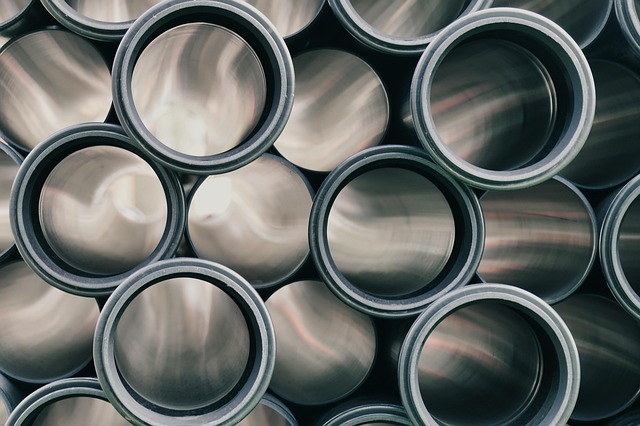Insights into Welding Jobs for English Speakers in Great Britain
For individuals residing in Great Britain who are proficient in their capacity to speak English, the welding sector presents a practical avenue to consider. This field involves various tasks and responsibilities, and gaining an understanding of the working conditions is crucial. The welding environment can be demanding, requiring attention to safety protocols and adherence to industry standards.

The welding profession in Great Britain encompasses a wide range of specialisations and career paths, making it an attractive field for both newcomers and experienced professionals. With ongoing infrastructure development, renewable energy projects, and manufacturing expansion, the industry presents numerous opportunities for those with the right skills and qualifications.
Understanding the Welding Industry in Great Britain for English Speakers
Great Britain’s welding sector spans multiple industries, including construction, shipbuilding, aerospace, automotive, and energy production. The North Sea oil and gas industry has historically driven demand for skilled welders, particularly in Scotland and Northern England. Meanwhile, the renewable energy sector, including offshore wind farms, creates new opportunities for specialised welding professionals.
The industry structure includes both large-scale employers such as BAE Systems, Rolls-Royce, and Jaguar Land Rover, alongside numerous smaller fabrication shops and specialist contractors. Many welders work as subcontractors, moving between projects and gaining experience across different sectors. This flexibility allows professionals to develop diverse skill sets and command competitive compensation.
Working Conditions and Environment in Welding Roles
Welding environments in Great Britain vary significantly depending on the sector and specific role. Workshop-based positions typically offer controlled conditions with proper ventilation, lighting, and safety equipment. These roles often involve regular hours and stable working arrangements, making them suitable for those seeking work-life balance.
Field welding positions, particularly in construction and infrastructure projects, may involve working outdoors in various weather conditions. Offshore welding roles in the oil and gas sector often require extended periods away from home, typically following rotation schedules of several weeks on-site followed by time off. These positions generally offer higher compensation to reflect the demanding nature of the work.
Safety standards across the industry are strictly regulated by the Health and Safety Executive (HSE). Employers must provide appropriate personal protective equipment, ensure proper ventilation, and maintain safe working practices. Modern welding environments increasingly incorporate advanced safety technologies and ergonomic considerations to protect workers’ long-term health.
Essential Skills and Knowledge for Welding Positions in Great Britain
Professional welders in Great Britain must demonstrate competency in various welding processes, including Manual Metal Arc (MMA), Metal Inert Gas (MIG), Tungsten Inert Gas (TIG), and specialised techniques such as underwater welding or orbital welding. Certification through recognised bodies like the Welding Institute (TWI) or City & Guilds provides industry-standard qualifications that employers value.
Technical skills extend beyond basic welding techniques to include blueprint reading, metallurgy knowledge, and understanding of welding symbols and specifications. Many positions require familiarity with quality control procedures, non-destructive testing methods, and compliance with British and European welding standards such as BS EN ISO 9606.
Soft skills play an increasingly important role in modern welding careers. Communication abilities help when working in teams or liaising with engineers and project managers. Problem-solving skills enable welders to adapt techniques for challenging situations or unusual materials. Physical fitness and hand-eye coordination remain fundamental requirements, particularly for precision work or physically demanding environments.
| Skill Category | Examples | Typical Training Duration |
|---|---|---|
| Basic Welding Processes | MMA, MIG, TIG | 6-12 months |
| Specialised Techniques | Orbital, Underwater, Pipeline | 1-2 years additional |
| Quality Control | NDT, Visual Inspection | 3-6 months |
| Safety Certification | CSCS, CCNSG, BOSIET | 1-5 days per course |
Career progression in welding often follows established pathways from apprentice to qualified welder, then potentially to welding inspector, supervisor, or welding engineer. Many professionals pursue additional qualifications in related fields such as fabrication, project management, or quality assurance to broaden their career options.
The welding industry in Great Britain continues evolving with technological advances including automated welding systems, laser welding, and additive manufacturing techniques. Professionals who embrace continuous learning and adapt to new technologies position themselves for long-term career success in this dynamic field. Understanding industry trends, maintaining current certifications, and developing specialised expertise in growing sectors like renewable energy or aerospace manufacturing can significantly enhance career prospects for English-speaking welders throughout Great Britain.




